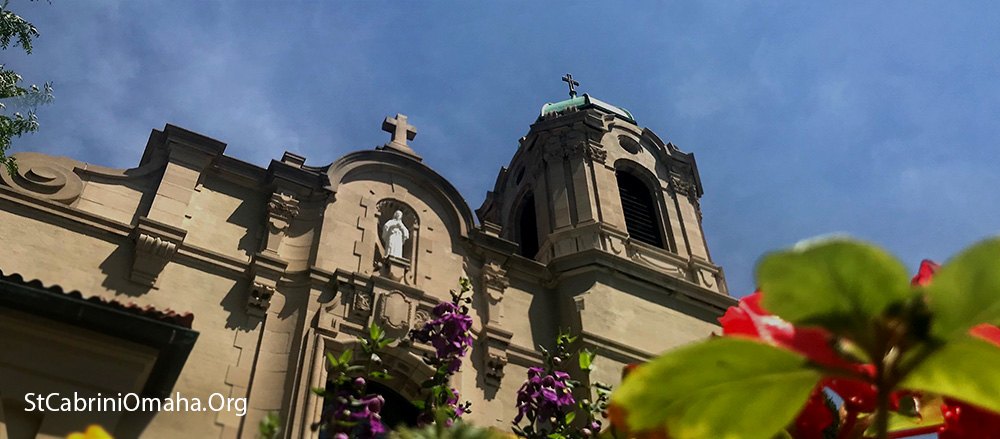Dear Friends,
I ran across a quote from C.S. Lewis the other day which got me tracking down one of his sermons which I had never read before. I would encourage you to read it in its entirety for yourselves. It is entitled Learning in War Time. I’d like to give you a little taste of it so that you might be inspired to search it out. He is speaking to students who are attending Oxford at the beginning of World War II with bombs falling around them.
I thought it had some good insights into daily life in our time, living during a pandemic where it is possible to come down with the virus one day and find yourself dying a short time later.
“Every Christian who comes to a university must at all times face a question compared with which the questions raised by war are relatively unimportant. He must ask himself how it is right for creatures who are every moment advancing either to heaven or hell, to spend any fraction of the little time allowed them in this world on such trivialities as literature or art…The war creates no absolutely new situation; it simply aggravates the permanent human situation so that we can no longer ignore it. Human life has always been lived on the edge of a precipice. Human culture has always had to exist under the shadow of something infinitely more important than itself. If men had postponed the search for knowledge and beauty until they were secure, the search would never have begun. We are mistaken when we compare war with ’normal life.’ Life has never been normal. Even those periods which we think most tranquil, like the nineteenth century, turn out, on closer inspection, to be full of crises, alarms, difficulties, emergencies. Plausible reasons have never been lacking for putting off all merely cultural activities until some imminent danger has been averted or some crying injustice put right. But humanity long ago chose to neglect those plausible reasons. They wanted knowledge and beauty now, and would not wait for the suitable moment that never comes.”
War is just one of the more dangerous examples of the presence of evil in our midst. “Normal life” includes corporate mismanagement, accident mismanagement, Ponzi schemes, fraud, robbery, human trafficking, murder. A related list would include natural evils that kill thousands of people like plagues, tsunamis, earthquakes and COVID-19.
Lewis goes on, “[One] enemy is frustration — the feeling that we shall not have time to finish. If I say to you that no one has time to finish, that the longest human life leaves a man, in any branch of learning, a beginner, I shall seem to you to be saying something quite academic and theoretical. You would be surprised if you knew how soon one begins to feel the shortness of the tether: of how many things, even in middle life, we have to say “No time for that”, “Too late now”, and “Not for me”. But Nature herself forbids you to share that experience.
A more Christian attitude, which can be attained at any age is that of leaving futurity in God’s hands. We may as well, for God will certainly retain it whether we leave it to Him or not. Never, in peace or war, commit your virtue or your happiness to the future. Happy work is best done by the man who take his long-term plans somewhat lightly and works from moment to moment “as to the Lord”. It is only our daily bread that we are encouraged to ask for. The present is the only time in which any duty can be done or any grace received…
[War] forces us to remember [death]. The only reason why the cancer at sixty or the paralysis at seventy-five do not bother us is that we forget them. War makes death real to us, and that would have been regarded as one of its blessings by most of the great Christians of the past. They thought it good for us to be always aware of our mortality. I am inclined to think they were right. All the animal life in us, all schemes of happiness that centered in this world, were always doomed to a final frustration. In ordinary times only a wise man can realize it. Now the stupidest of us knows. We see unmistakably the sort of universe in which we have all along been living, and must come to terms with it. If we had foolish un-Christian hopes about human culture, they are now shattered. If we thought we were building up a heaven on earth, if we looked for something that would turn the present world from a place of pilgrimage into a permanent city satisfying the soul of man, we are disillusioned, and not a moment too soon. But if we thought that for some souls, and at some times, the life of learning, humbly offered to God, was, in its own small way, one of the appointed approaches to the Divine reality and the Divine beauty which we hope to enjoy hereafter, we can think so still.”
Peace,
Fr. Damian
https://bradleyggreen.com/attachments/Lewis.Learning%20in%20War-Time.pdf



